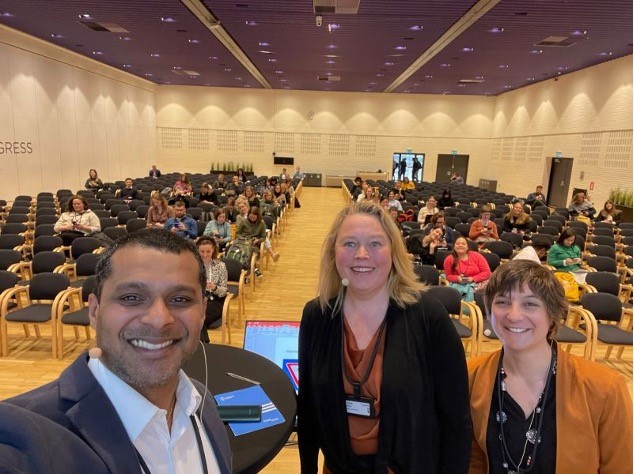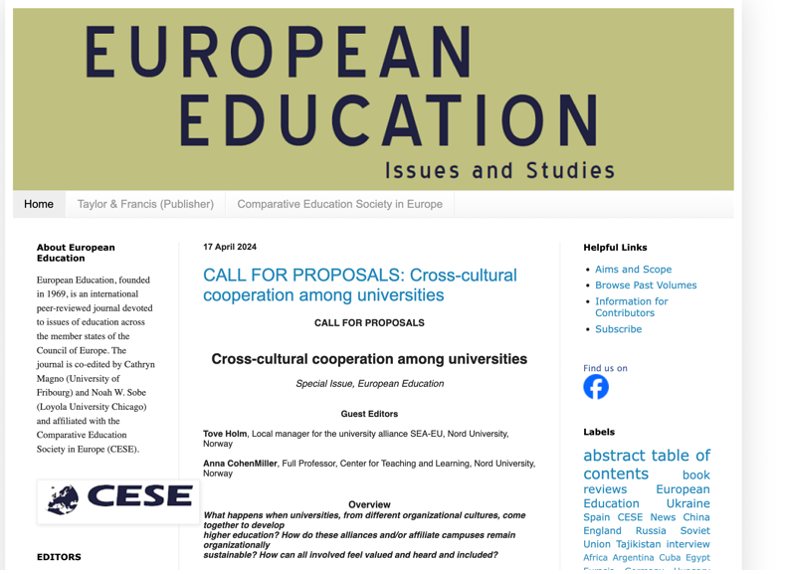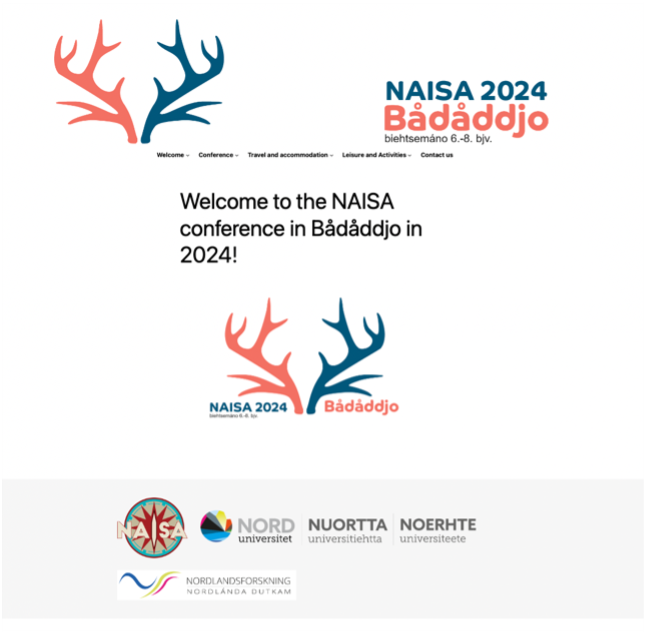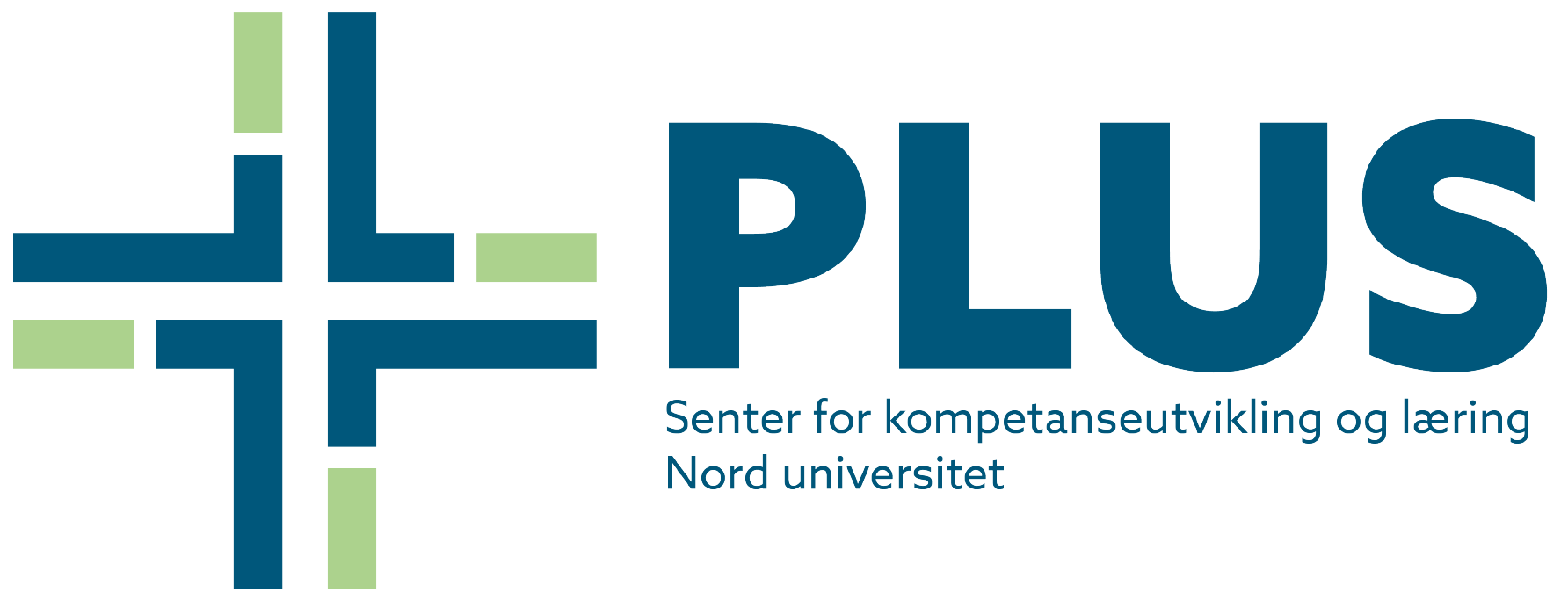By Anna CohenMiller and Tove Holm, 29 April 2024
Conferences offer incredible direction for lifelong learning! Research even shows the power of facilitating learning at conferences. Here are 3 way’s to embed lifelong learning within conferences:
1. Engage in cross-cultural collaboration as lifelong learning at conferences
Engaging in cross-cultural collaboration takes some effort. Yet attending and actively participating in international conferences provide that direction. For example, Nord University is part of the SEA-EU University alliance. European University Alliances represent a flagship initiative within the European strategy for universities. The primary aim is in establishing alliances between Higher Education Institutions (HEIs) across Europe, thereby enhancing the international competitiveness of HEIs. To achieve success, it’s essential to educate our students – and ourselves! — to collaborate within diverse cultures, languages, and across borders, sectors, and academic disciplines. For succeeding in this, we need opportunities, such as international conferences, international staff weeks, and exchanges, for our staff and faculty to deepen their expertise in working across cultures.

For example, we can see from the recent interactive session we gave at EARMA this week, specifically on the topic of on cross-cultural cooperation among universities. In the presentation, we presented the European University Alliances and SEA-EU. The session was inspired by the work cross-cultural collaboration between the two us us and Morgane Colleau from Nord, and Jonathan Durgadoo from Kiel University, and Juan Ramón Real from Universidad de Cádiz.
2. Critically self-reflect on the experience as a means of lifelong learning at conferences
Critically self-reflecting is a reflexive process emphasized in research, in particular in qualitative inquiry, that provides a means for extending our learning throughout our lifespan. It offers a way for us to become aware of our biases and perspectives of the world, and to grow and learn more effectively with others (see these books where I (Anna) talk about these points, here and here).
For example, during the International Week held in October at Nord, participants at a workshop titled, «Towards a Future with Green and Digital Pedagogy,» we were tasked with reflecting on the broader purpose of our work. For me (Tove), it is about engaging as many individuals as possible in our collective work. Drawing from my previous research on enhancing education for sustainable development, my main findings were that transdisciplinary cooperation, involving collaboration across faculties, disciplines, and with national, regional, and global partners, is essential for addressing complex challenges. Therefore, I believe organizing international staff weeks is an effective approach.

As we critically self-reflect, we an think about how we can share our understanding, insights, and findings with others. For example, we have a special call for papers about cross-cultural collaboration in universities that emphasizes lifelong learning .Let us know about your experiences and submit your extended abstract here.
3. Consider equity and inclusion as a central tenet of lifelong learning at conferences
While equity and inclusion are hot topics and an “ideal,” they require effort and purposeful action and learning in our work. One way to go about this lifelong learning process is by actively asking, whose voice is missing? In lifelong learning broadly for instance, part-time adults are often unheard and non-traditional students feel left-out. At other times, women’s voices may be ignored, such as noted by Emily Henderson and James Burford here.
Yet where there is community, there are also issues of belonging, membership and exclusion (Simmons and Jourian Citation2019). Thus the theme of ‘community’ in this special issue addresses both the importance of conferences for academic community building, and the negative underside of conference communities.
While a conferences can feel good and offer meaningful learning for some, we need to recognize and consider issues of justice throughout:
A conference which feels successful and groundbreaking for the organisers may be interpreted as exclusionary and parochial by delegates, as shown in the contrast between the introduction to an edited collection based on a European conference on intersectionality (Lutz, Herrera Vivar, and Supik Citation2011), and the suite of journal articles that ensued, critiquing the racial politics of this conference (Bilge Citation2013; Lewis Citation2013; Petzen Citation2012).
So, we can think about whose voices are missing and who might we unintentionally be excluding when creating events? This is a learning process that we need to continually engage in personally and collectively. It is a form of lifelong learning that benefits the individual and organization.
For instance, while most conference organizers would not schedule a conference during Easter, what about other major holidays in other religions that also take place during the spring? A simple look online will uncover major holidays internationally such as Ramadan, Nauryz, and Passover.
And what about those with caretaking responsibilities?

Early career motherscholars are often excluded unintentionally from conferences, unless we purposefully include babysitting or funding to cover caretaking needs. Thankfully many conferences are seeking to make a change. For example, we at Nord University are working with NAISA and have learned about processes to include caretaking, thus facilitating lifelong learning for all throughout the entire conference.

